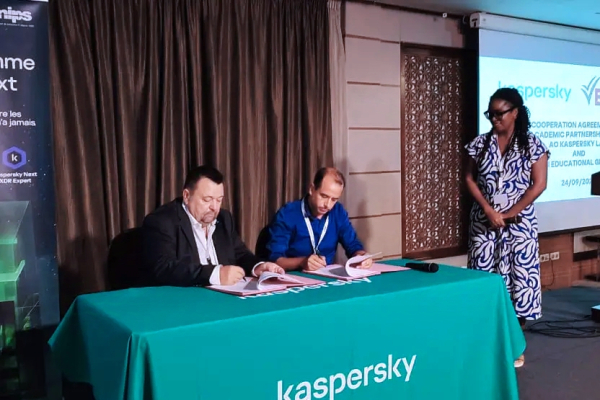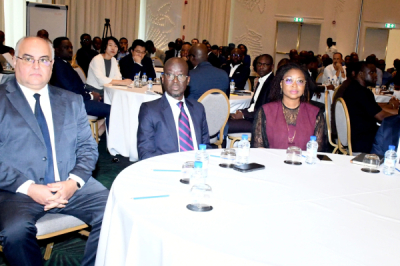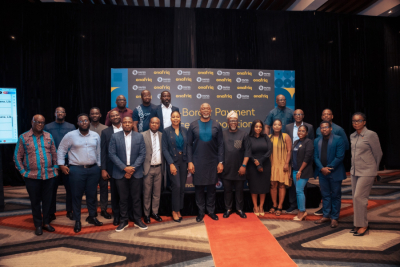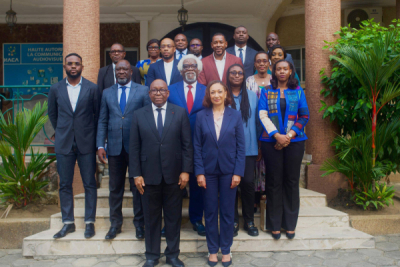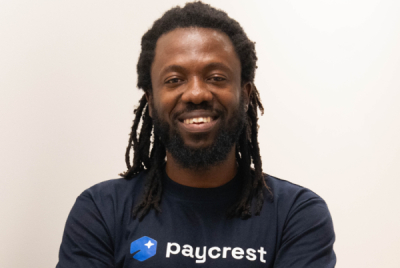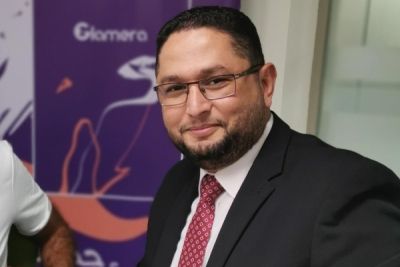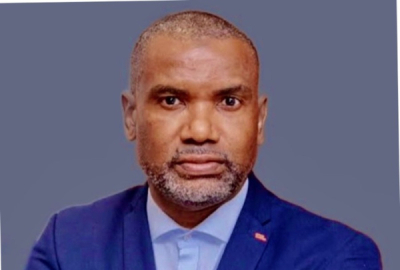The acceleration of digital transformation in Africa has created a growing demand for cybersecurity professionals. According to the World Economic Forum, the global talent shortage in this field could reach 85 million workers by 2030.
Last week, Russian cybersecurity provider Kaspersky partnered with EPI Sup de Sousse, a private Tunisian university, to train a new generation of cybersecurity experts, foster innovation, and strengthen Tunisia's cybersecurity ecosystem.
This partnership comes at a time when Tunisia is facing a high number of cyber incidents. In 2023, TunCERT, the country's national computer emergency response team, recorded nearly 150,000 incidents affecting the national cyberspace. Of these, 46% were phishing attacks, while 17% involved malware.
According to the International Telecommunication Union (ITU), Tunisia scored 82 out of 100 in the 2024 cybersecurity index, placing the country in Tier 3, indicating a "basic commitment to cybersecurity actions led by the government." However, this score marks a decline from 2020, when Tunisia scored 86.23, positioning it as one of the continent’s leading players.
For Kaspersky, this partnership could help identify future talent and contribute to the development of Tunisia's cybersecurity community. According to the World Economic Forum’s Cybersecurity Talent Framework, there is an urgent need for nearly 4 million professionals in 2024 to bridge the global talent gap, with a growing demand for expertise in cloud security, artificial intelligence, and machine learning within the cybersecurity sector.
Adoni Conrad Quenum


